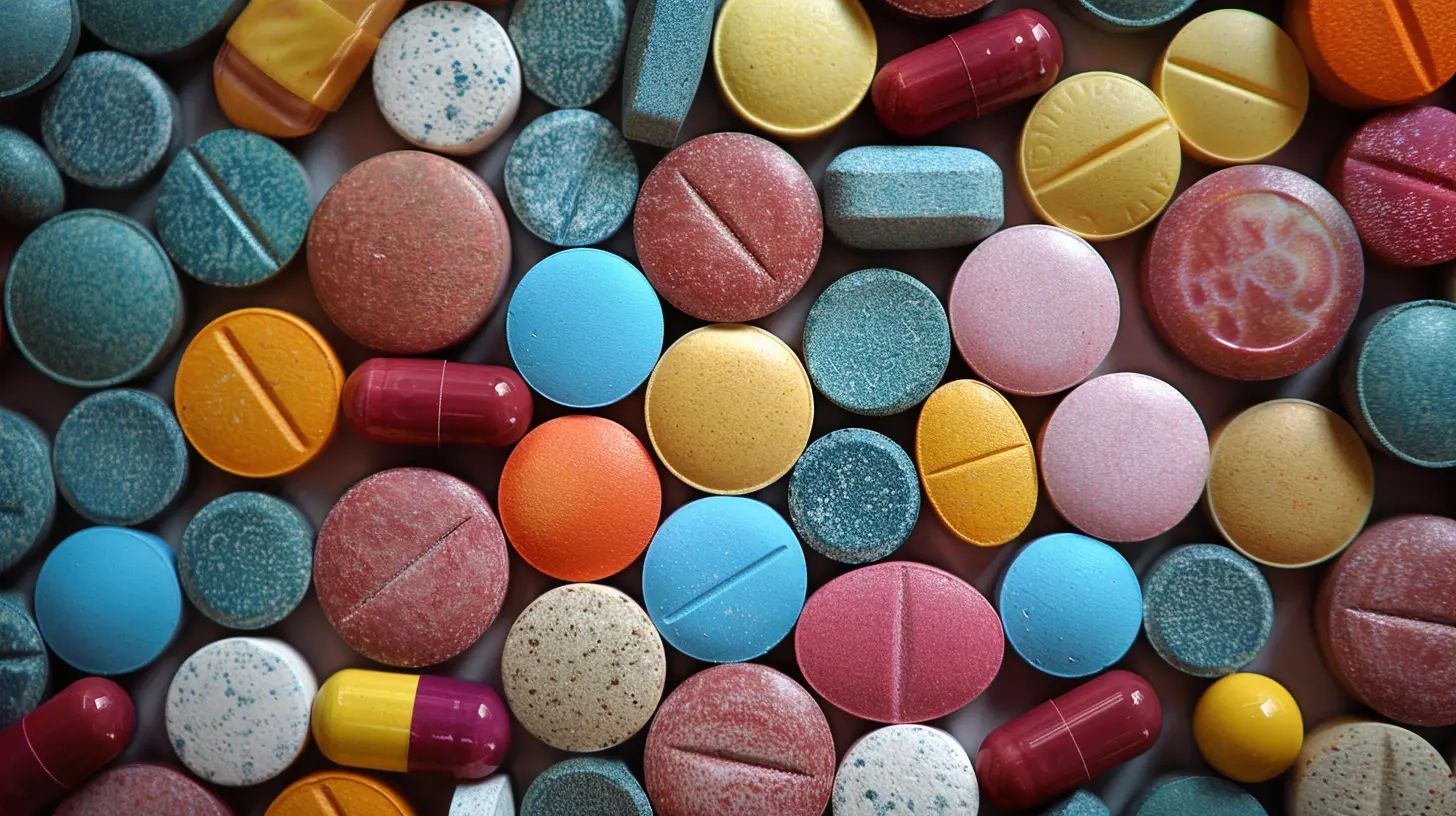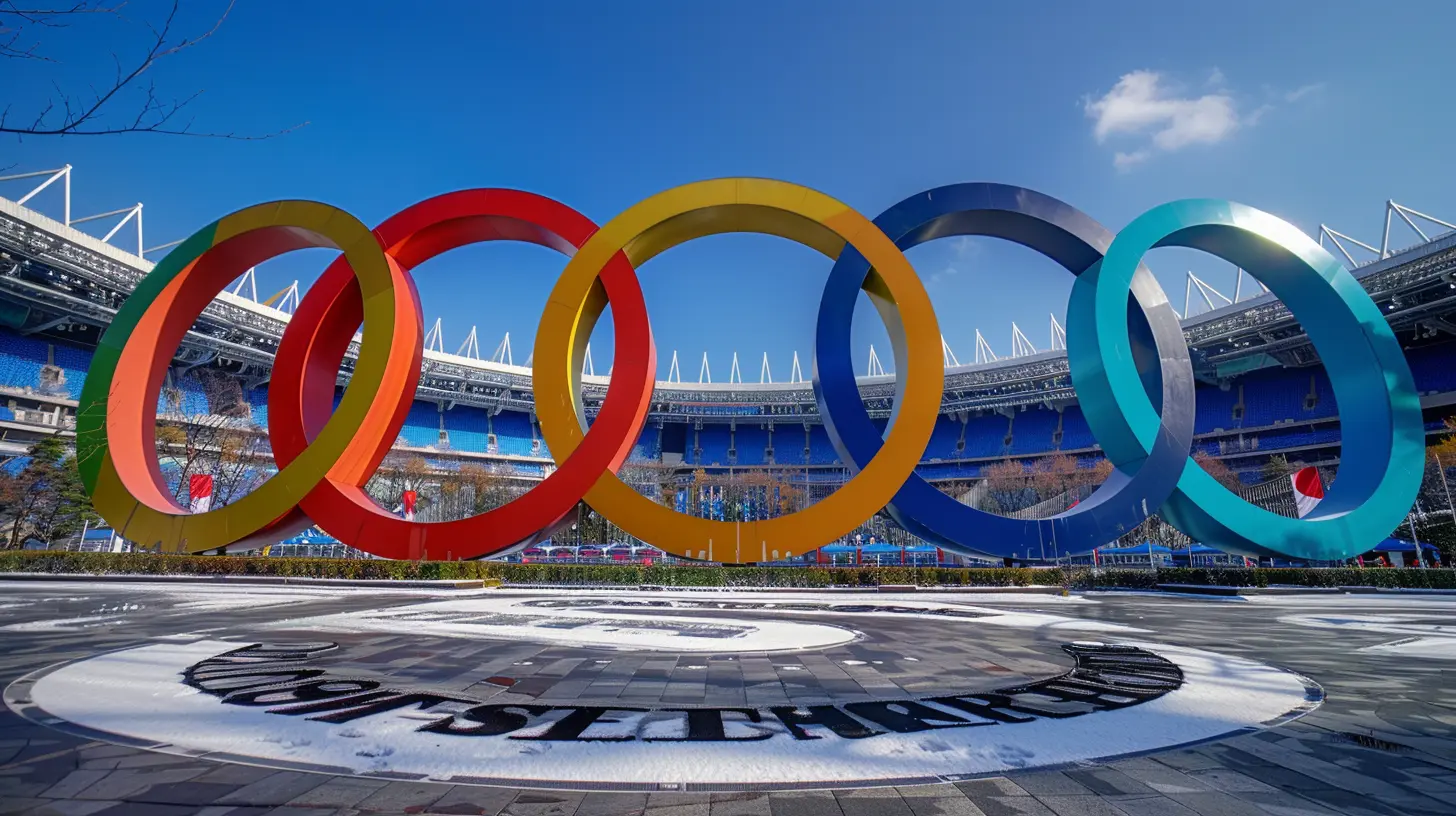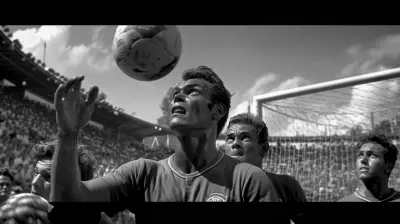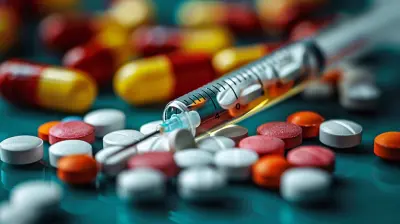How Doping Scandals Affect Sponsorship and Endorsements
18 October 2025
Let’s be real – nothing crashes a star athlete's image faster than a doping scandal. One minute, they're celebrated as superheroes, the next – boom – headlines scream violations, and sponsors start running for the hills. Welcome to the messy world where sports, money, and ethics collide.
In this article, we're gonna break down how doping scandals rattle the world of sponsorship and endorsements like a bad earthquake. We’ll chat about shattered reputations, jittery brands, and the domino effect scandals have on the business side of sports. So buckle up, because things get intense when drugs and dollars mix.
What Is Doping, Anyway?
Before we dive into the chaos that follows, let's clear up what we're dealing with.Doping is when athletes use banned substances to boost their performance. Think steroids, EPO, human growth hormone, and sometimes even weird stuff like blood transfusions. Yeah, really.
These substances may give athletes a temporary edge, but at what cost? Apart from health risks, getting caught means a tarnished legacy, suspensions, loss of medals, and – you guessed it – losing big-money sponsorships.
Why Sponsors Care So Much
Ever wonder why brands drop athletes like hot potatoes when scandals erupt?Well, sponsorships and endorsements are all about image. Companies invest in athletes because they want to associate their brand with excellence, inspiration, and integrity. When that picture gets smudged by a doping scandal, it’s like finding out your favorite superhero has been cheating all along. Total buzzkill.
Imagine Nike or Adidas spending millions on an athlete who gets busted. Suddenly, that face on the billboard isn’t a champion – it’s a controversy.
No brand wants that kind of PR nightmare.
The Domino Effect: How Doping Scandals Unravel Endorsements
Let’s break it down.1. Immediate Fallout
As soon as a doping scandal surfaces, the first thing that happens is damage control. Brands panic. Contracts often have morality clauses that allow them to terminate deals if the athlete’s behavior damages the brand’s reputation.Remember Lance Armstrong? He lost tens of millions in endorsements practically overnight. Nike, Trek, Oakley – all gone. It was like watching a financial landslide.
2. Public Perception Takes a Hit
Brands don’t just fear negative headlines – they fear losing YOU.When fans feel betrayed, they stop supporting athletes. And when they stop supporting athletes, they stop buying the products they endorse. It’s a chain reaction brands don’t want to be caught in.
So even if the athlete is wildly talented, they're suddenly toxic to the brand. It’s kind of like getting a food poisoning from your favorite restaurant – chances are, you won’t be going back anytime soon.
3. Long-Term Reputation Damage
Even if an athlete manages a comeback, the stain doesn’t fully go away. Future endorsements? Slim to none. Some do get second chances, but trust? That takes forever to rebuild.Athletes like Maria Sharapova, after her suspension, had to claw their way back to a cleaner image to even be considered for brand deals again. And not everyone makes it.
The Business Side: What Brands Do After a Scandal
Sponsors don’t just cry into their contracts – they pivot.1. Crisis PR Mode
First, brands go full-throttle on damage control. Press releases fly, statements are carefully crafted, and spokespersons are briefed. The key? Distancing themselves from the scandal as tactfully (and quickly) as possible.Some brands will publicly cut ties with the athlete, while others do it behind closed doors to avoid drawing more attention.
2. Reevaluating Sponsorship Strategies
After a doping scandal event shakes up the scene, brands get nervous. They become more cautious with future endorsements, adding stricter morality clauses, deeper background checks, and sometimes even performance monitoring.They also start shifting focus toward team sponsorships or “safer” athletes with squeaky-clean images. Think Olympic gymnasts, tennis stars, or young, up-and-coming talent with no baggage.
3. Brand Reinvention
Sometimes, the damage is so bad, brands themselves need a rebrand. They might launch integrity campaigns or zero in on community and youth sports, all in an attempt to rebuild trust with consumers.It’s like cleaning up after a tornado – takes time, money, and a lot of TLC.
Real-Life Examples That Show the Impact
Let’s take a look at a few doped-up disasters that rocked both sports and sponsors:Lance Armstrong
The poster child for how bad it can get. After years of denying doping allegations, the truth finally came out. In 2012, he was stripped of his seven Tour de France titles and banned for life.Boom. Sponsors fled like it was a burning building. Nike, Anheuser-Busch, RadioShack, Oakley – gone. The impact? He reportedly lost $150 million in endorsement deals.
Marion Jones
Once the darling of track and field, Jones lost everything almost overnight. After admitting to using steroids, she gave back her Olympic medals and even served jail time. Sponsors like Nike bailed out instantly.Her story became a cautionary tale for brands: Even the most beloved athletes can fall.
Maria Sharapova
Caught using a banned substance in 2016, Sharapova faced a 15-month suspension. Brands like TAG Heuer and Porsche paused their deals. While she did regain some endorsements after her return, her brand value took a serious hit.The Flip Side: When Athletes Stay Clean
There’s light at the end of the tunnel – and it’s shining brightly on athletes who embody clean sport.Brands actually shower these athletes with love (and money). Why? Because consumers admire integrity.
Think Roger Federer, Simone Biles, or Eliud Kipchoge. These athletes are gold mines because they represent everything doping scandals don’t: hard work, discipline, and authenticity.
In this way, doping scandals help reinforce the value of clean athletes, giving them more leverage during sponsorship negotiations. It's like the classic good vs. evil narrative – the ones playing fair become the heroes.
Can Athletes Bounce Back After a Scandal?
That’s a tricky one.Some can. But it’s a long, uphill road. It involves:
- Public apologies
- Openly owning up to mistakes
- Community service or advocacy for clean sport
- Staying clean and low-key for a few years
- Slowly regaining public trust
Tiger Woods may not be a doping example, but he’s a great case study in bouncing back after scandal. While his situations were different, brands gradually came back once he restored his image. So redemption is possible, but rare – and definitely not guaranteed.
How Doping Scandals Affect the Sport Itself
It’s not just the athlete or the brand that suffers – the entire sport takes a hit.When a scandal breaks, fans feel duped. The legitimacy of the competition is called into question, and attendance or viewership might drop. Even clean athletes get side-eyed, which isn't fair, but happens anyway.
Sponsors might pull out from entire tournaments or teams if they think the stink of scandal might rub off on them. So, a single athlete's mistake can create a ripple that affects an entire ecosystem.
What Can Be Done to Prevent This?
Good question. The answer? Accountability and transparency.Here's what should help:
- Stronger drug testing with more frequent checks
- Harsh penalties for violators to deter others
- Better education programs for athletes on banned substances
- Keeping sports clean from grassroots to elite levels
Because let’s face it – fans and sponsors alike want to cheer for true champions, not science projects in sneakers.
Final Thoughts: Integrity First, Always
At the end of the day, talent alone isn’t enough to be a marketable athlete. Integrity, honesty, and authenticity matter just as much – maybe even more.Doping scandals don’t just ruin careers; they fracture trust. And in the world of sponsorships and endorsements, trust is everything.
So whether you're a fan, an aspiring athlete, or someone working in sports marketing, remember: shortcuts might get you ahead temporarily, but ethics are what keep the doors open long-term.
No one wants to endorse a fraud. And no one cheers for deception. Clean sports win. Every. Single. Time.
all images in this post were generated using AI tools
Category:
DopingAuthor:

Ruben McCloud
Discussion
rate this article
1 comments
Adrian Graham
Ah yes, nothing screams 'trustworthy athlete' quite like a doping scandal! I’m sure sponsors are just clamoring for that shining ‘performance-enhanced’ reputation to boost their brand. What a dream team!
November 7, 2025 at 5:26 AM

Ruben McCloud
Doping scandals can significantly tarnish an athlete's reputation, leading sponsors to reconsider their partnerships due to the negative impact on brand image.


